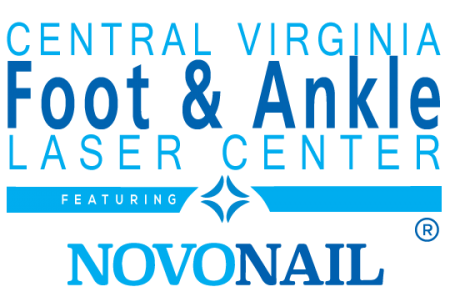Search
Learning Center
- General
- Pain
- Deformities
- Tarsal Coalition
- Spurs
- Posterior Tibial Tendon Dysfunction
- Overlapping, Underlapping Toes
- Osteomyelitis (Bone Infections)
- Mallet Toes
- Gordon Syndrome
- Enchondroma
- Dysplasia
- Clubfoot
- Amniotic Band Syndrome
- Hallux Varus
- Hallux Rigidis (rigid big toe)
- Hallux Limitus (stiff big toe joint)
- Claw Toe
- Haglund's Deformity
- Sesamoiditis
- Metatarsalgia (foot pain in ball)
- Flat Feet (over pronation)
- Peroneal Tendon Dislocation/Dysfunction
- Hammertoes
- Bunions
- Toe Pain
- Arch and Ball Pain
- Achilles Pain
- Heel Pain
- Ankle Pain
- Deformities
- Sports Injury
- Nail Issue
- Skin Issue
- Diabetic Issue
- Cosmetic
- Medical Care
- Vascular/Nerve Problems
- Diseases of the Foot
- Therapies
- Surgical Procedures
- Diagnostic Procedures
- Orthotics
- Fitness and Your Feet
- Foot Care
- Shoes
Foot Care For Seniors
Make an Appointment?
Interested in a professional’s opinion? Schedule an appointment today!
Schedule an AppointmentIt’s normal for people to experience some foot problems as they age. But experts say that problems with feet can be the first sign of more serious medical conditions, particularly among older adults. Health problems, such as arthritis, diabetes, nerve issues, and circulatory disorders, may first be manifested in the feet. That is why it is important to pay attention to your feet and seek medical attention as soon as you notice a problem.
Here are some foot care tips for older adults:
- Practice good foot care. Check your feet regularly or have a member of your family check them for you.
- Keep blood circulating to your feet as much as possible. Do this by putting your feet up when you are sitting or lying down, stretching if you’ve had to sit for a long while, walking, having a gentle foot massage, or taking a warm foot bath.
- Wear comfortable shoes that fit well to prevent pressures that can lead to friction and infection and keep your foot structure properly aligned.
- Avoid exposing your feet to cold temperatures.
- Don’t sit for long periods of time (especially with your legs crossed).
- Don’t smoke because it decreases blood supply and increases the chance of swelling and other circulatory problems.


